Car dealerships will “not be viable at a 100% BEV mix” unless significant action is taken to change their business model, a new report has concluded.
Cox Automotive partnered with the ICDP to take a look forward at the future of car retailers’ aftersales operations and found that the industry benchmark of achieving 100% overhead absorption is likely to become a thing of the past as the electrification of the UK car parc increases.
Writing in Cox’s latest AutoFocus magazine ICDP managing director Steve Young, said: “The traditional target used to be that the full overhead of the dealership would be covered by aftersales. However, at a time when margins on new cars are under pressure through electrification and moves by some manufacturers towards agency agreements rather than franchise, many dealers are focusing on aftersales as the way in which they can maintain their overall profitability.
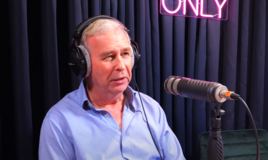 “Whilst we would totally agree that this is a sensible route to follow, there are other pressures which mean that the outcome is far from assured in the long term.”
“Whilst we would totally agree that this is a sensible route to follow, there are other pressures which mean that the outcome is far from assured in the long term.”
ICDP said that a reduction in distances driven, greater reliability, longer service intervals, reduced service content and lower collision rates had already caused typical overhead absorption rates to drop to the 50% to 60% in major markets.
Young said EVs were eliminating profitable oil changes from car servicing, with tyres now the only repair type in growth due to higher wear rates.
The Autofocus report said that, as the mix within the parc increases, the reduced workload and profit from repair and maintenance will greatly impact dealers’ profitability, adding: “Unless there were corrective actions such as higher labour rates, then the dealer as a whole would not be viable at a 100% BEV mix.”
In a recent opinion article for AM, Duncan McClure Fisher, the chief executive of Intelligent Motoring, highlighted that Chinese EV brands could be set to shake up the UK automotive sector by leveraging the services of independent operators for their customers' service and maintenance needs.
Philip Nothard, insight and strategy director at Cox Automotive, suggested that many franchised car retailers were already embracing new business models, such as mobile repair and on-the-drive servicing, to adapt to a new and potentially more profitable way of delivering aftersales.
Young suggested that OEMs may ultimately have the greater impact on the future car retailers’ aftersales operations, however, through the transition to new distribution models.
He said: “Most manufacturers have a strategic objective to be closer to their customers, and the trend towards agency agreements rather than franchises is part of that overall strategy. In addition, they want to retain the customer for repeat sales and aftersales through leasing or subscription and some form of bundled or inclusive service packages.
“The intention is that the customer will return to the authorised repair network for any work required, and the bill payer will be the manufacturer or their captive finance organisation rather than the car's driver.
“Consequently, a growing proportion of the workshop and body shop load will effectively be fleet business with reduced margins on labour and parts.”
Young concludes: “Beyond 2035, the impact will be more broadly felt, and it will be impossible to look to aftersales to cross-subsidise other parts of a dealer business.
“Whilst that may not be the highest priority challenge in these current times, it will soon start to come within the planning horizon for new facilities and the skills development roadmap of new technicians, so it cannot be completely ignored.”

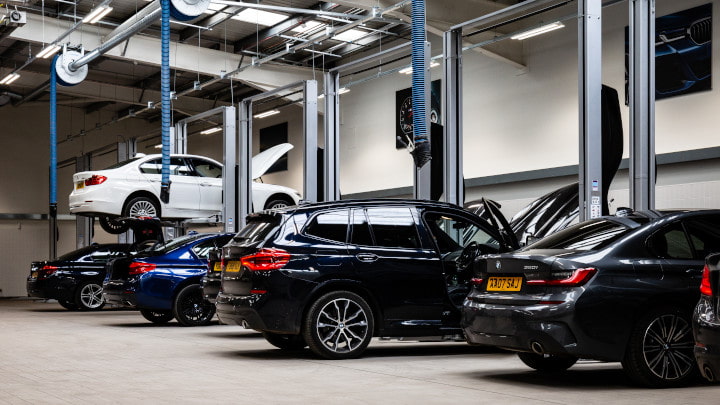

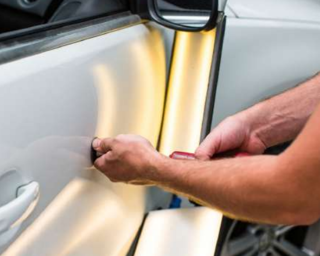

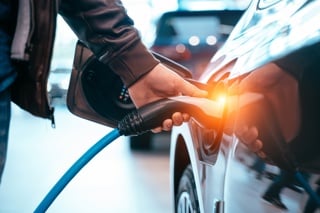
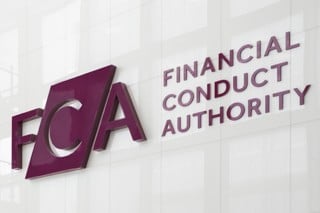
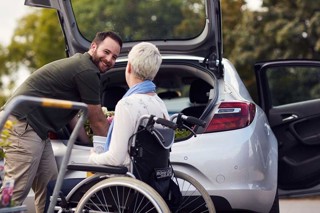












Login to comment
Comments
No comments have been made yet.